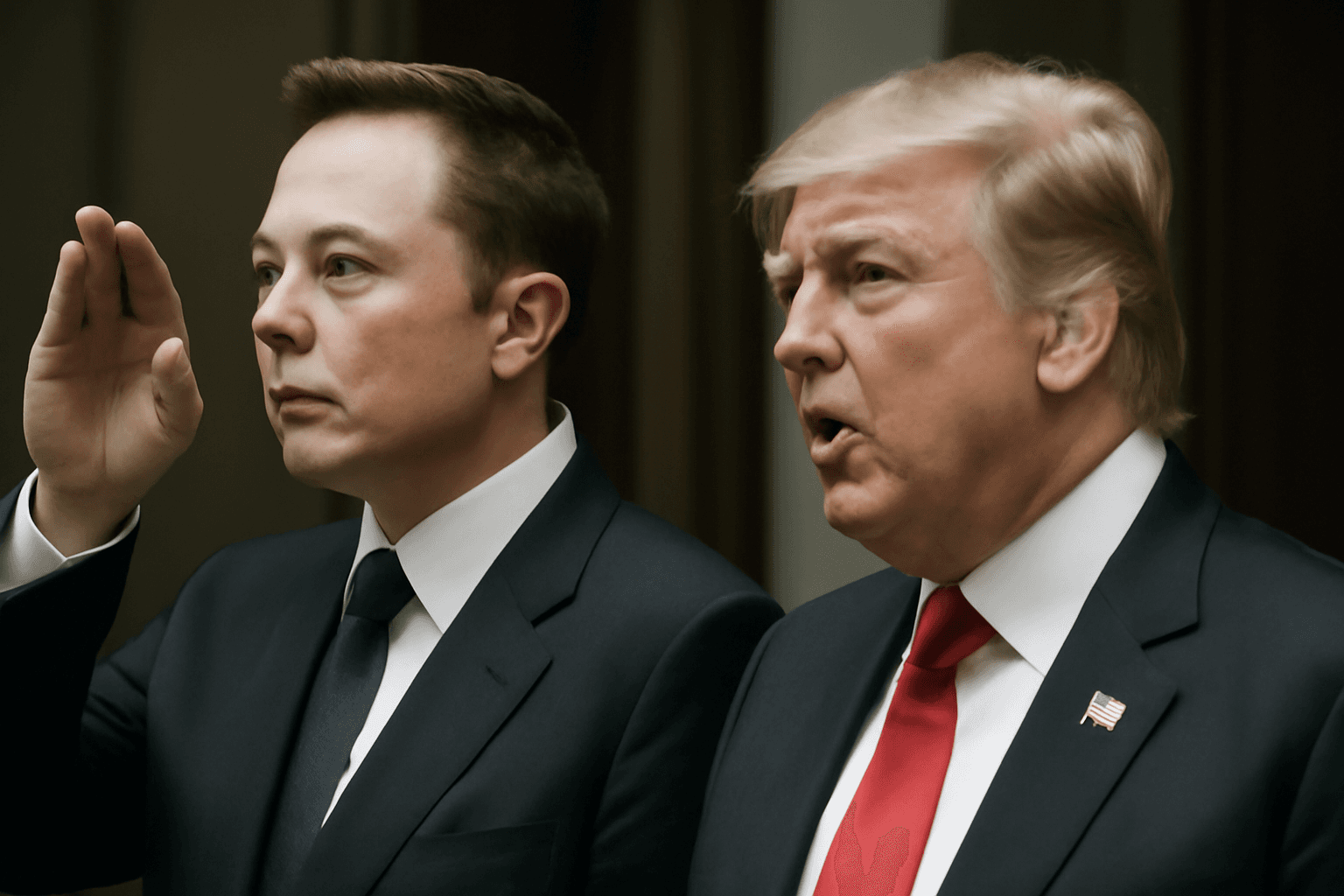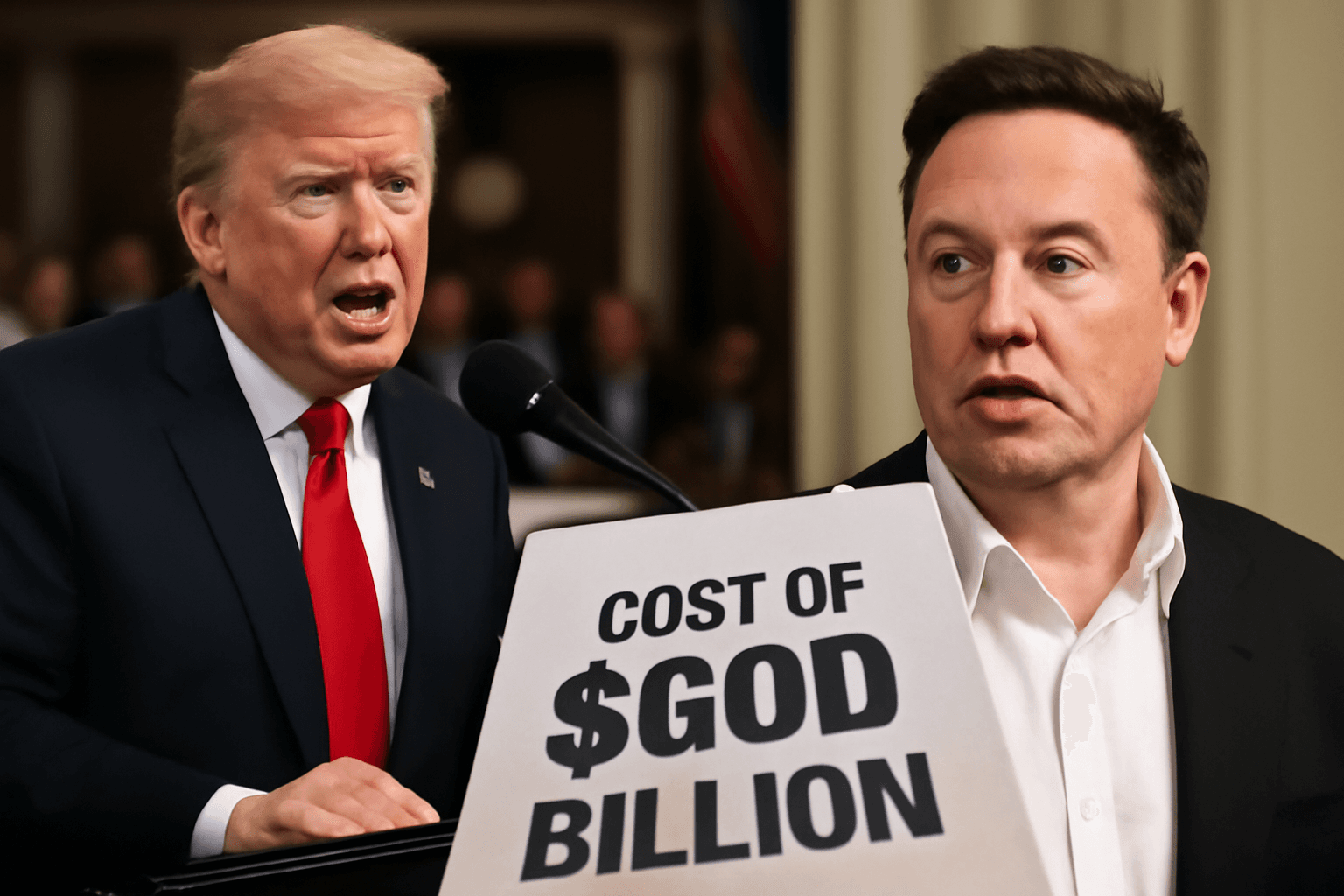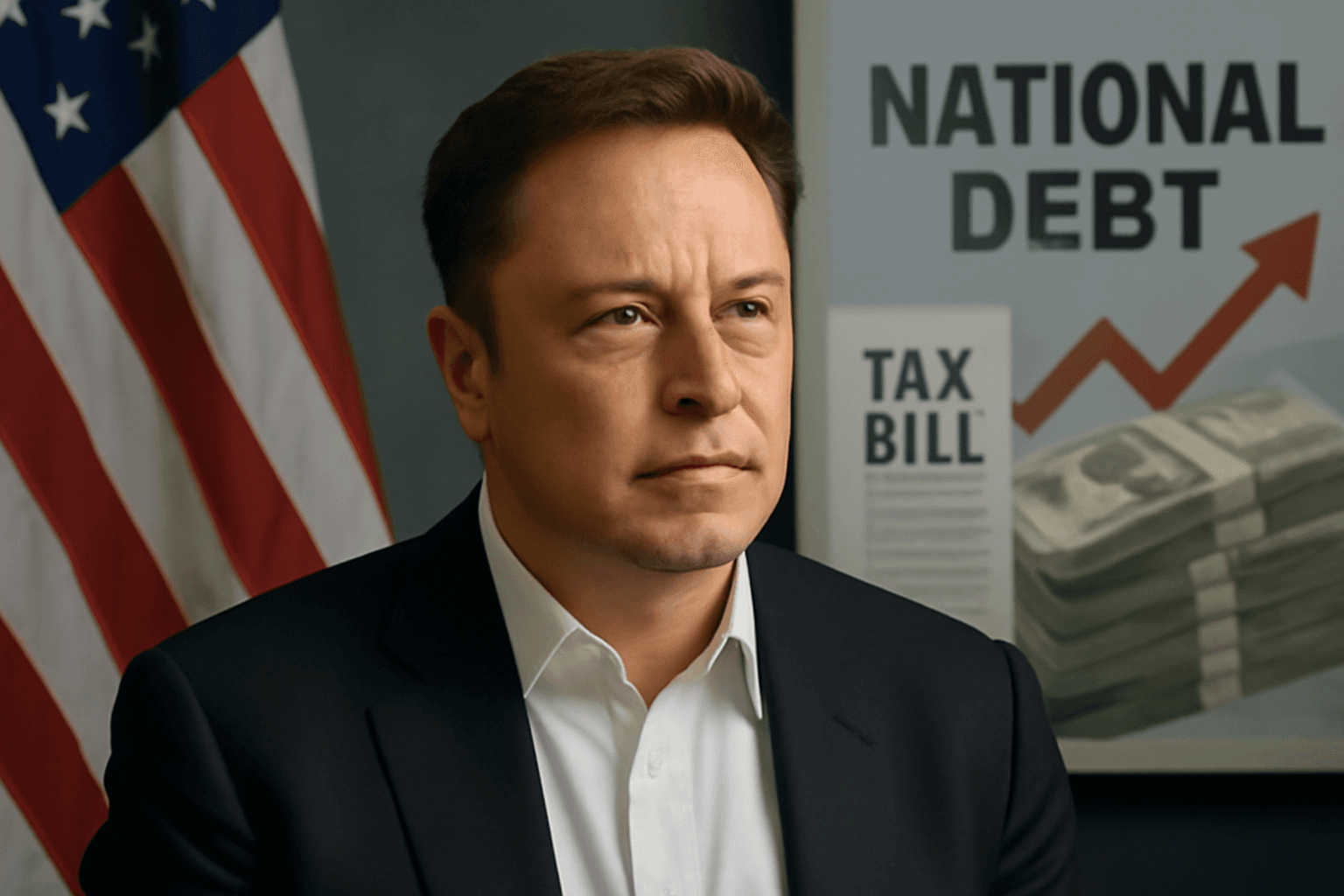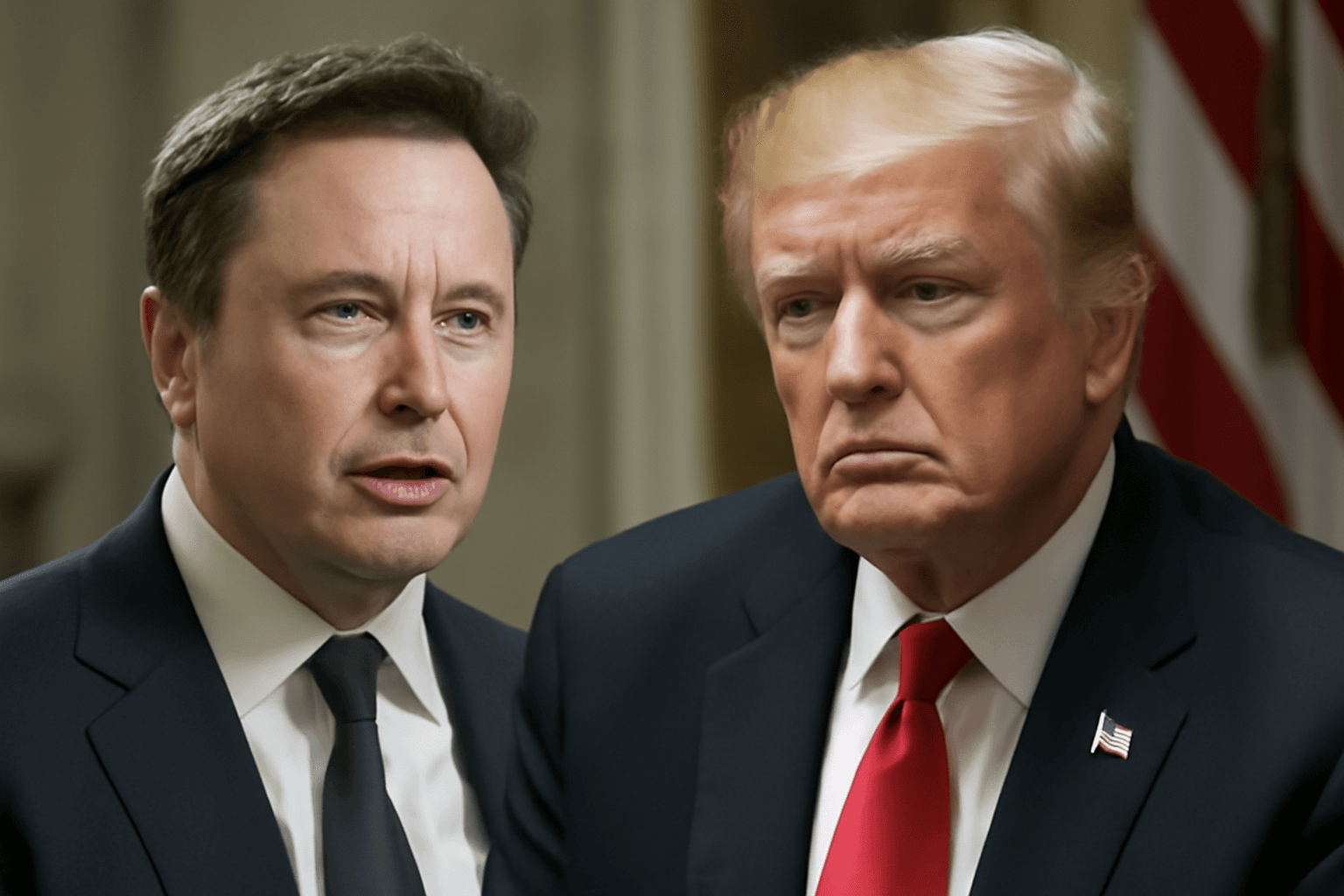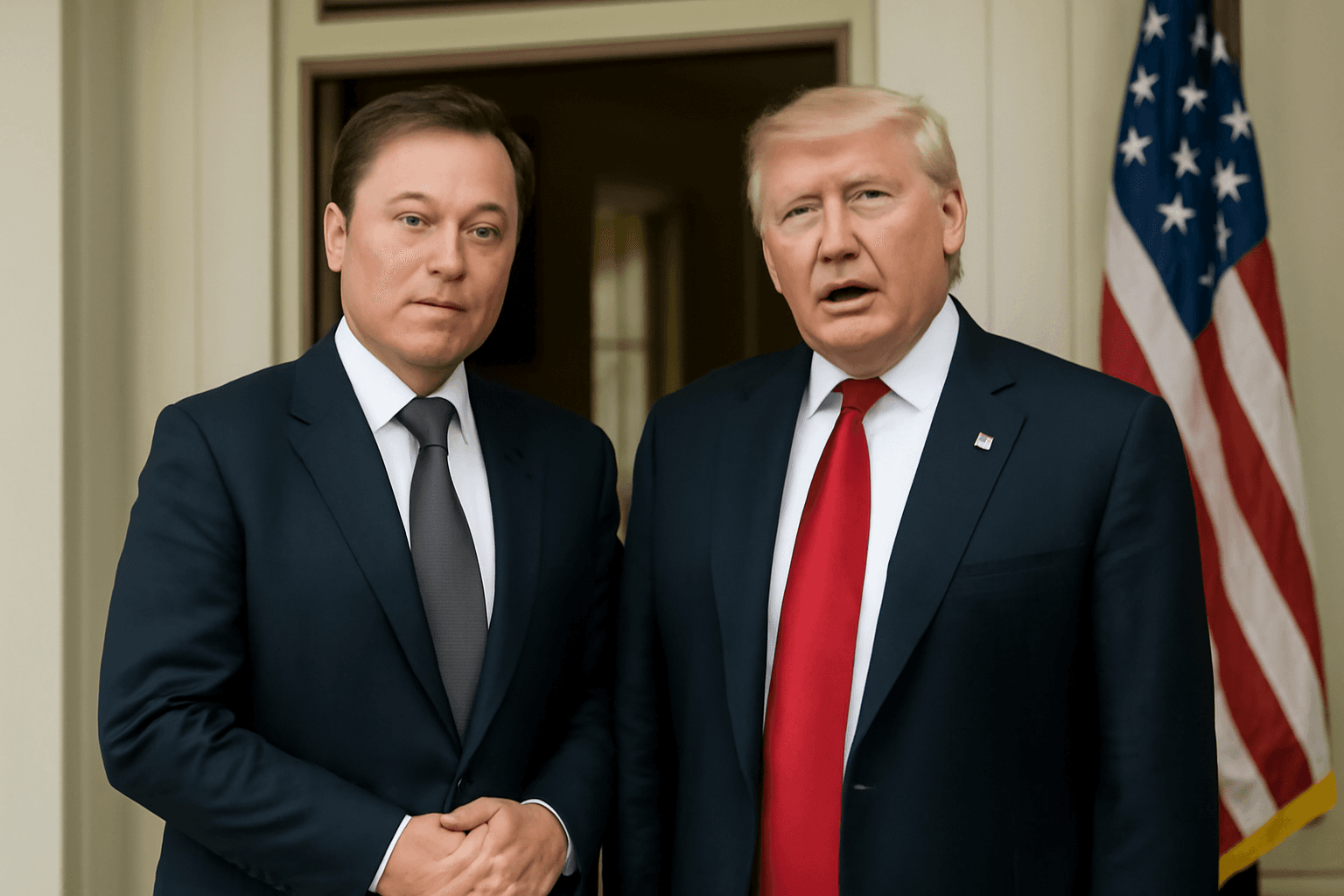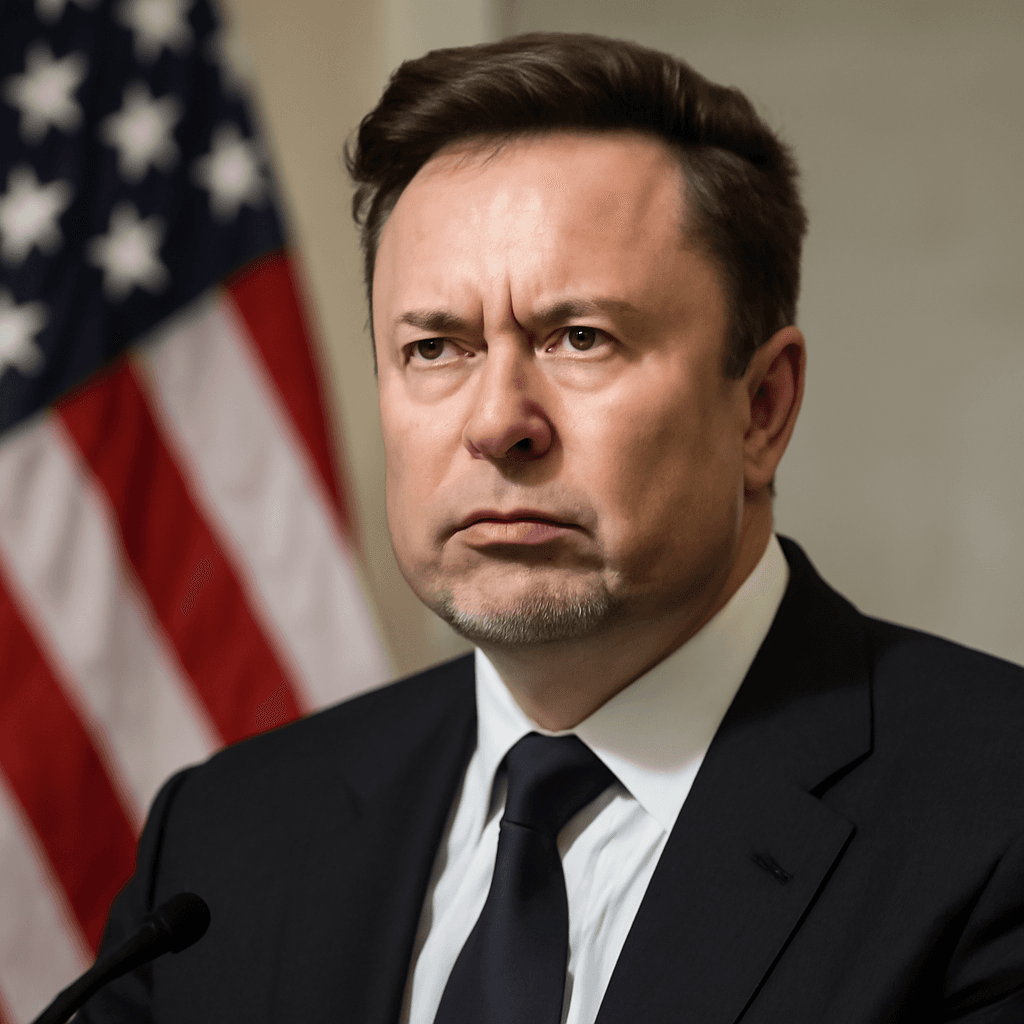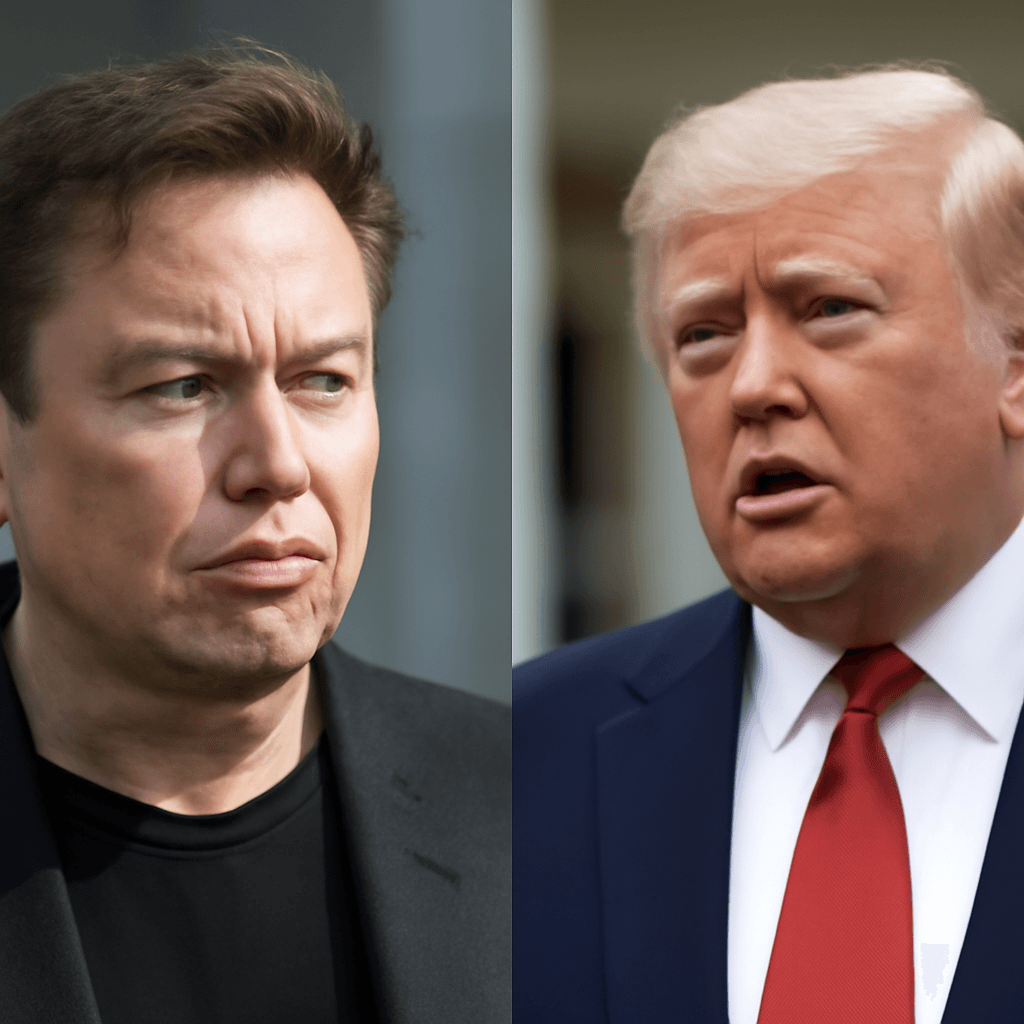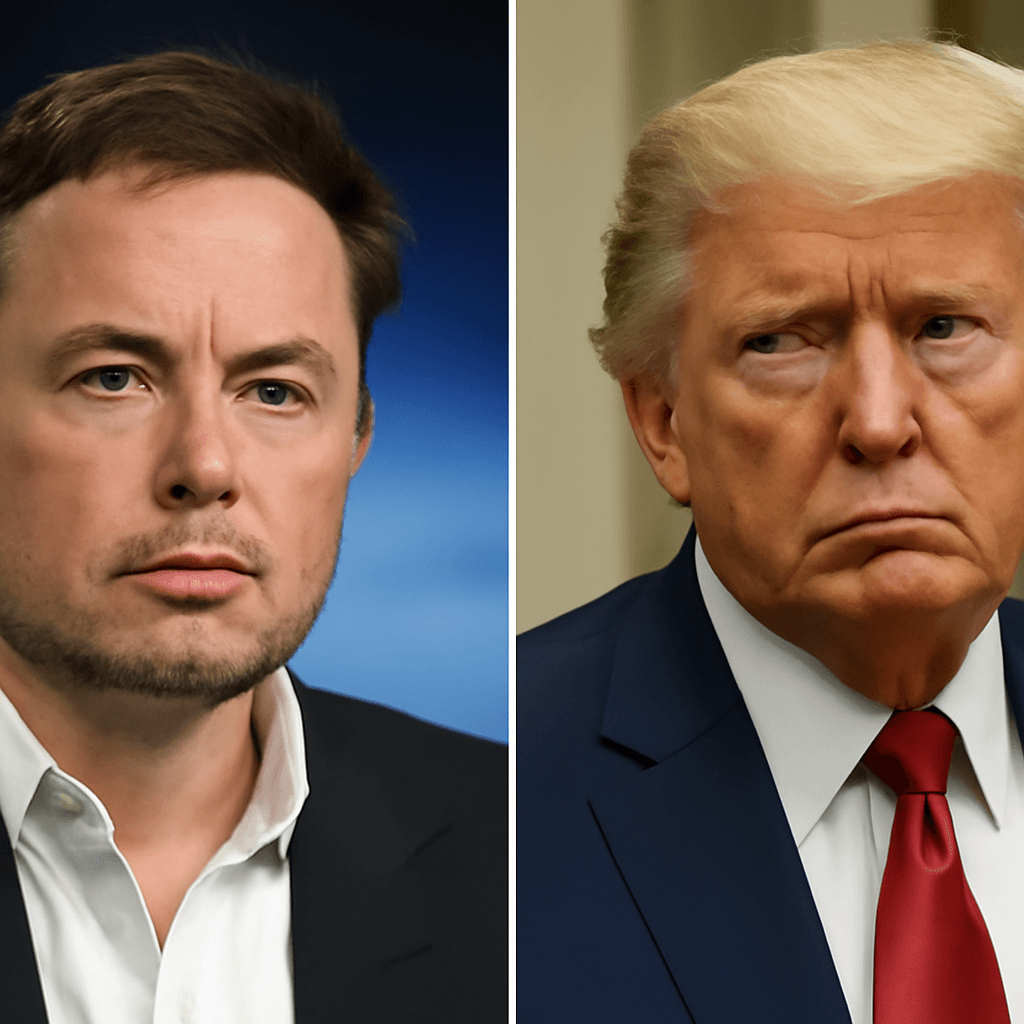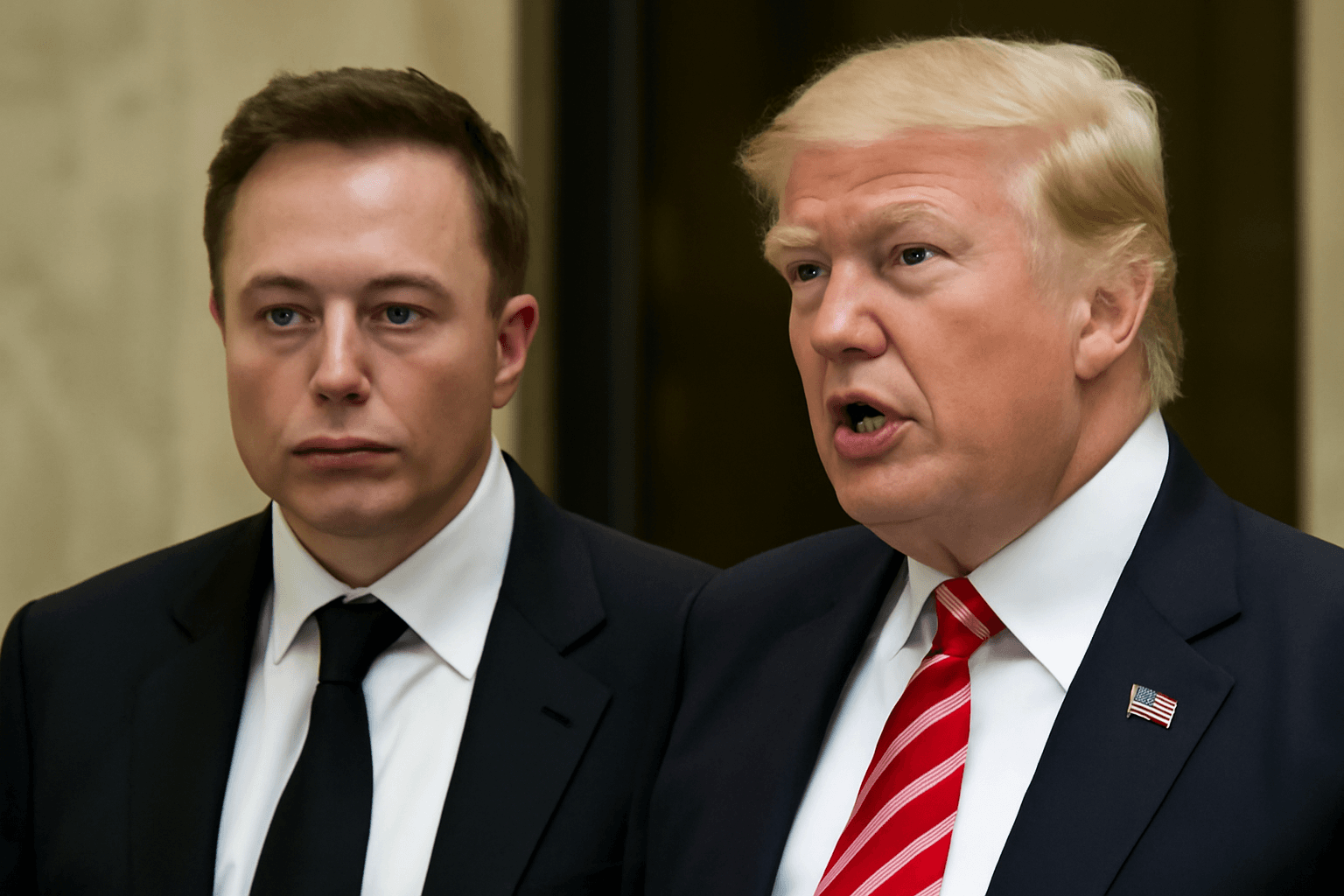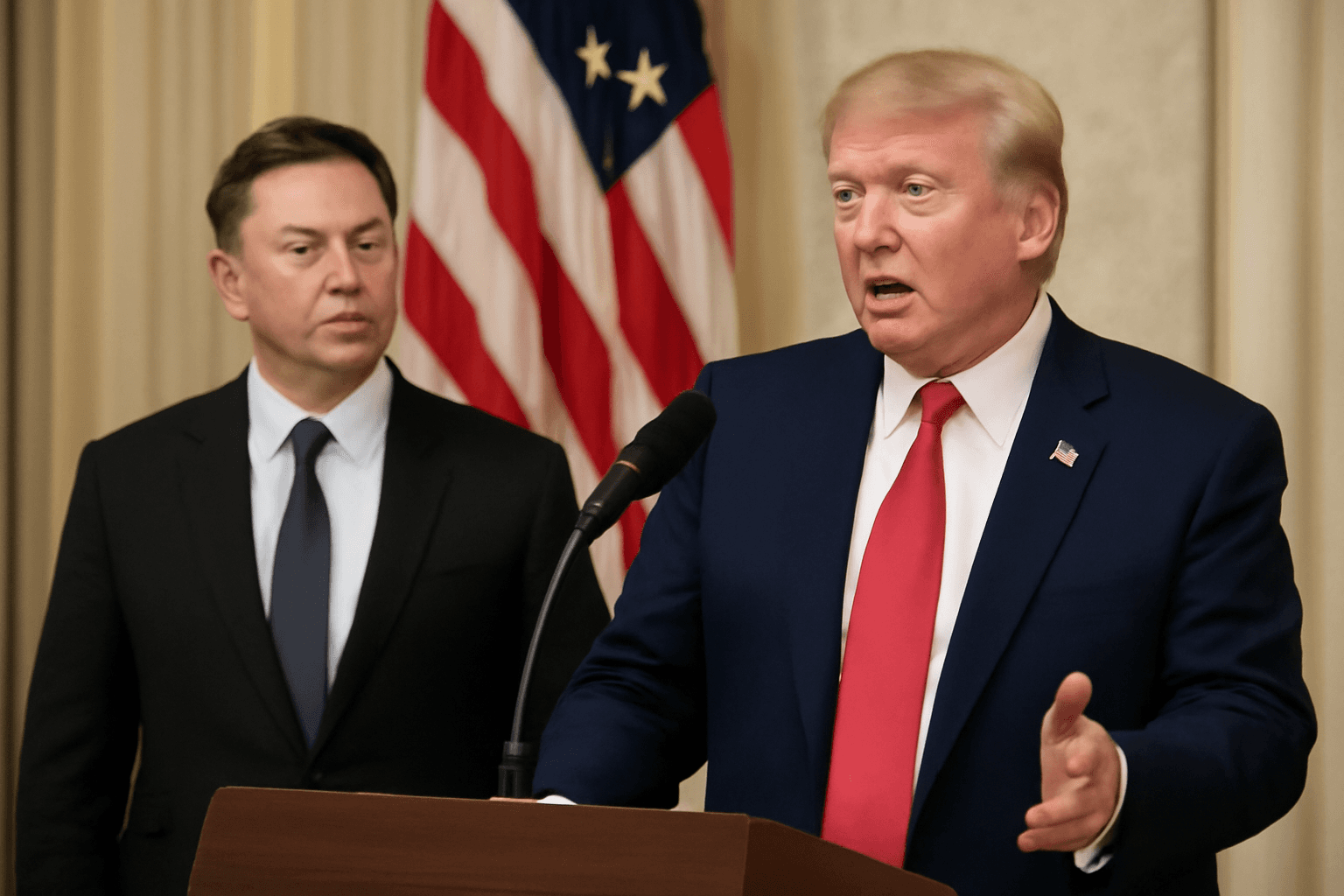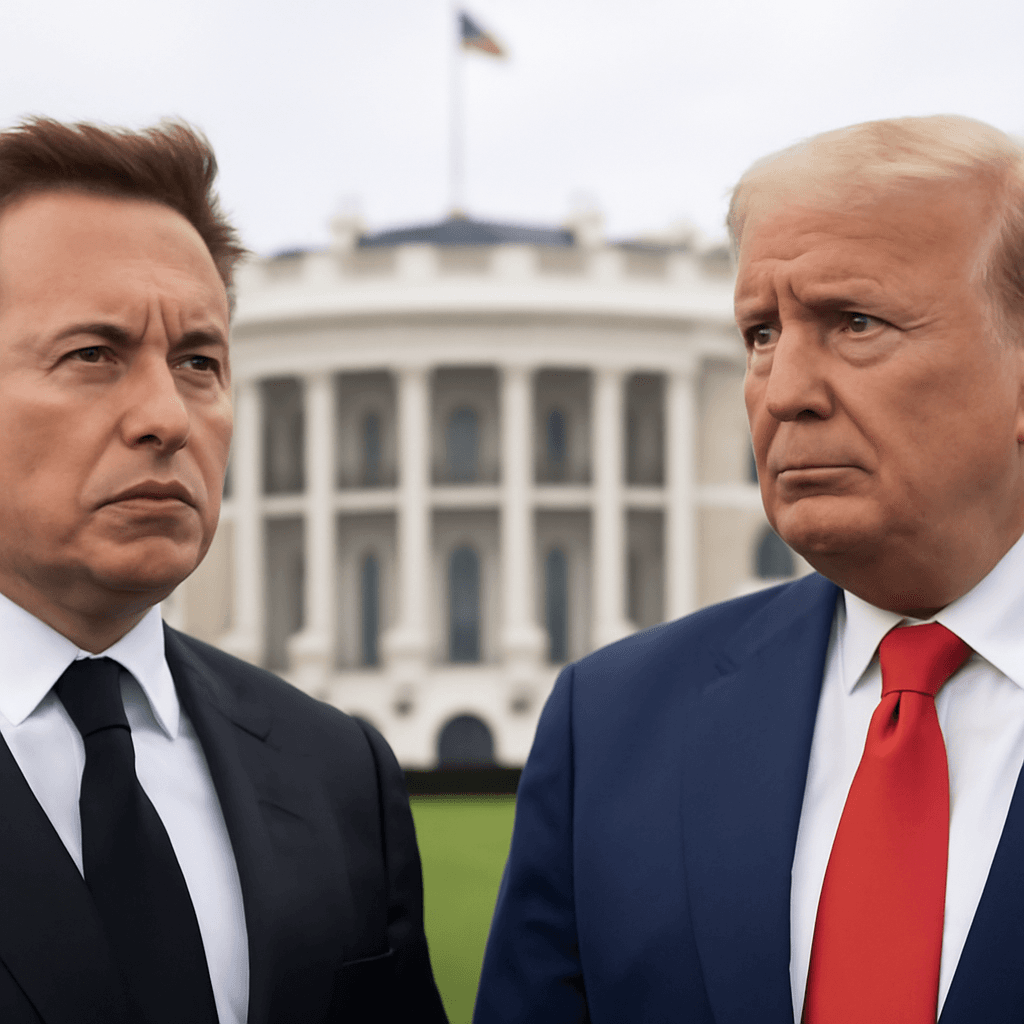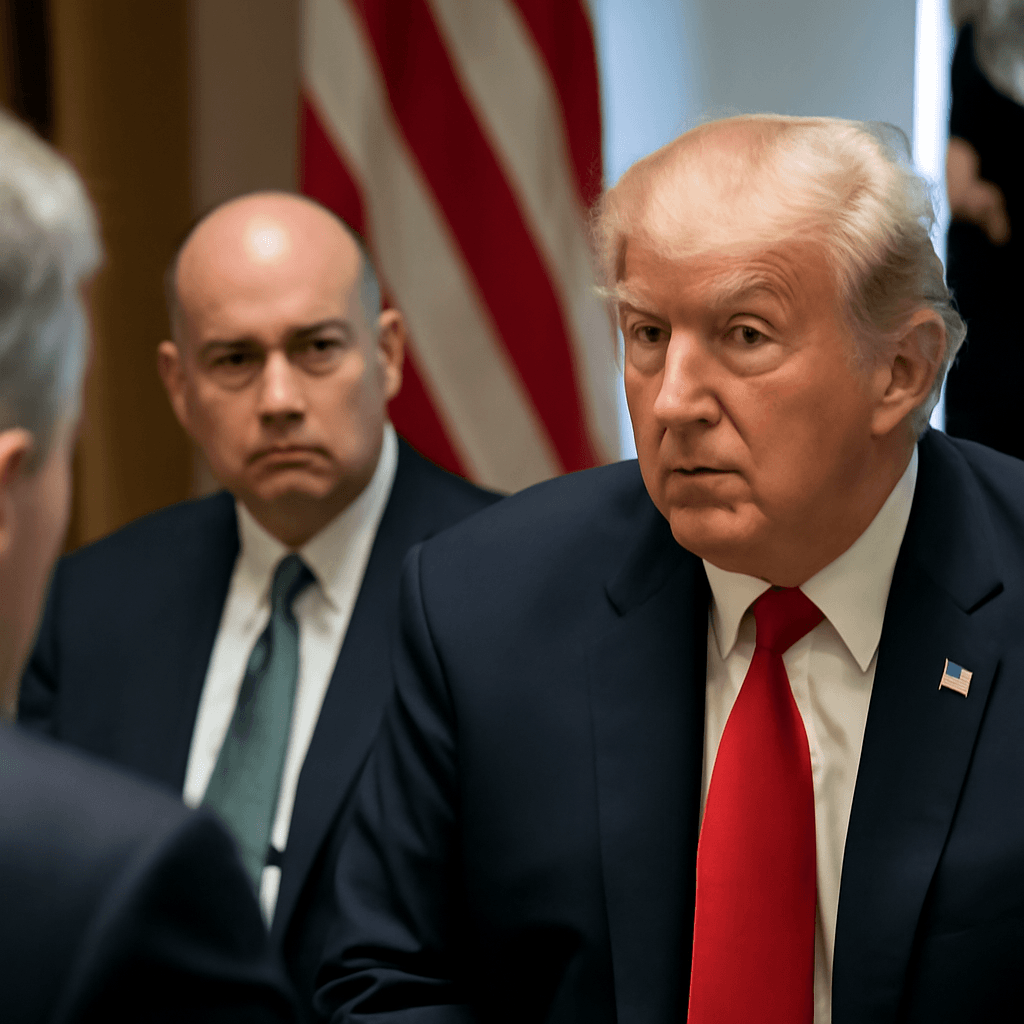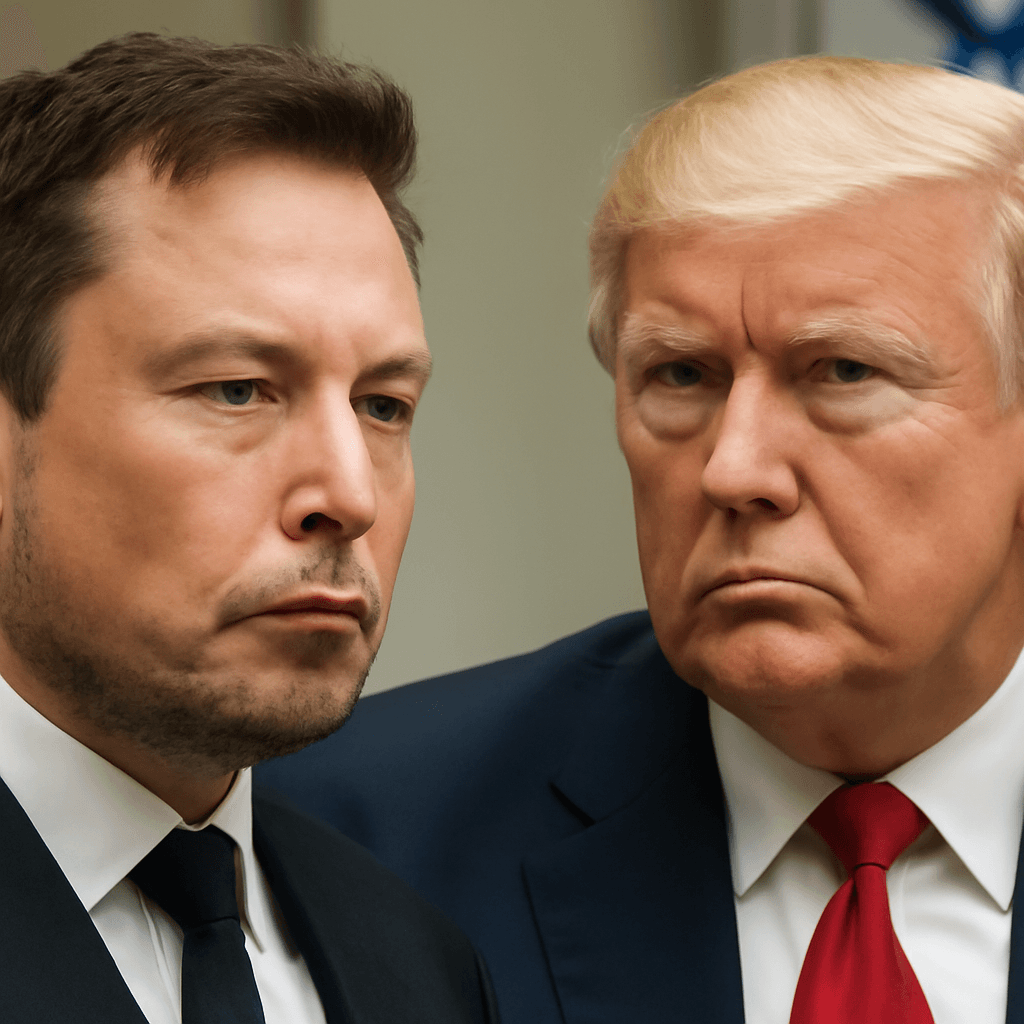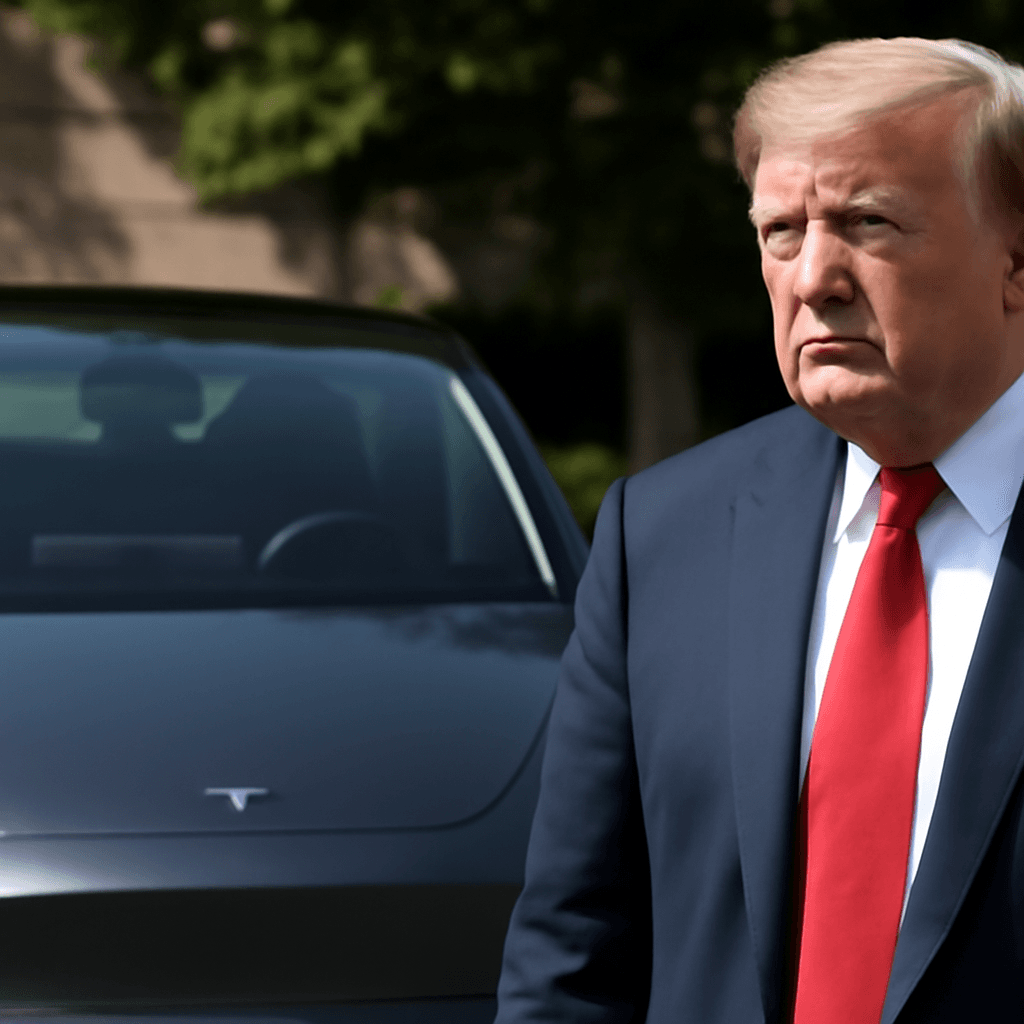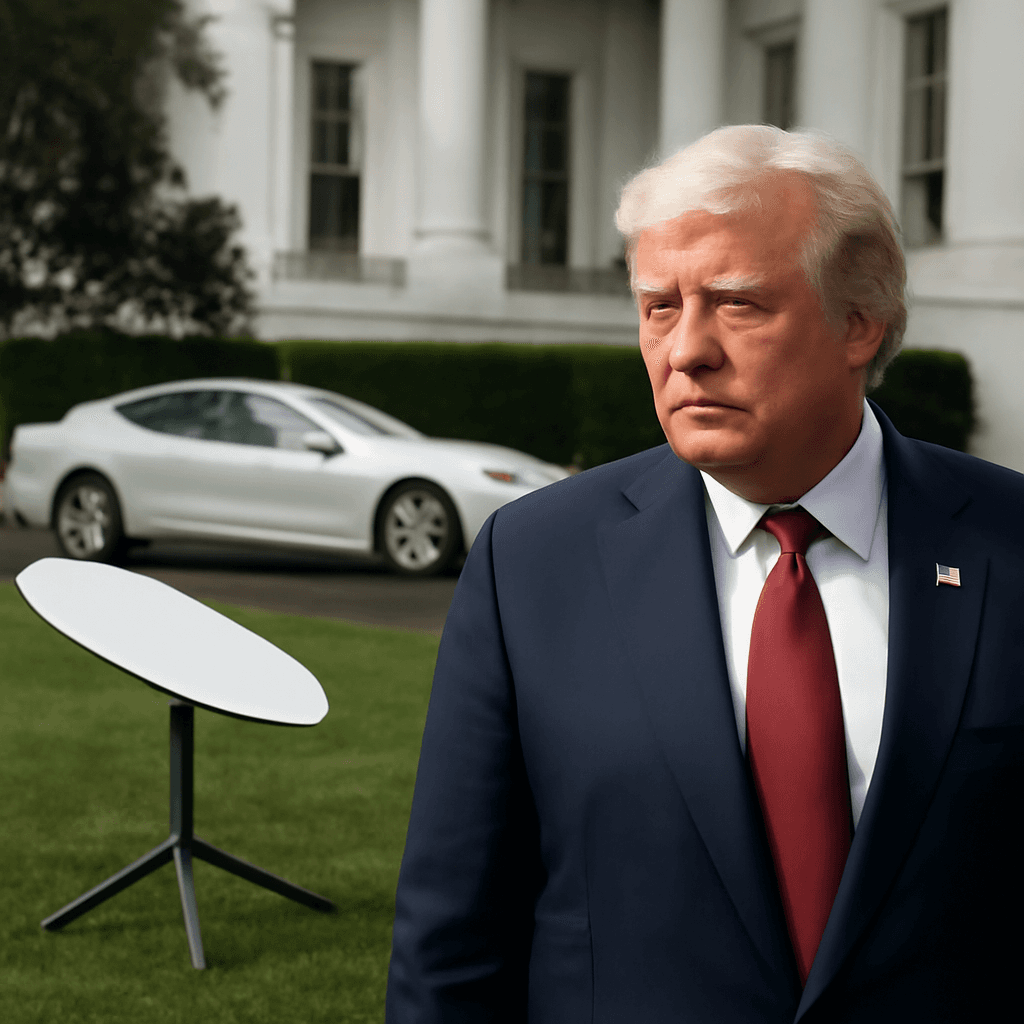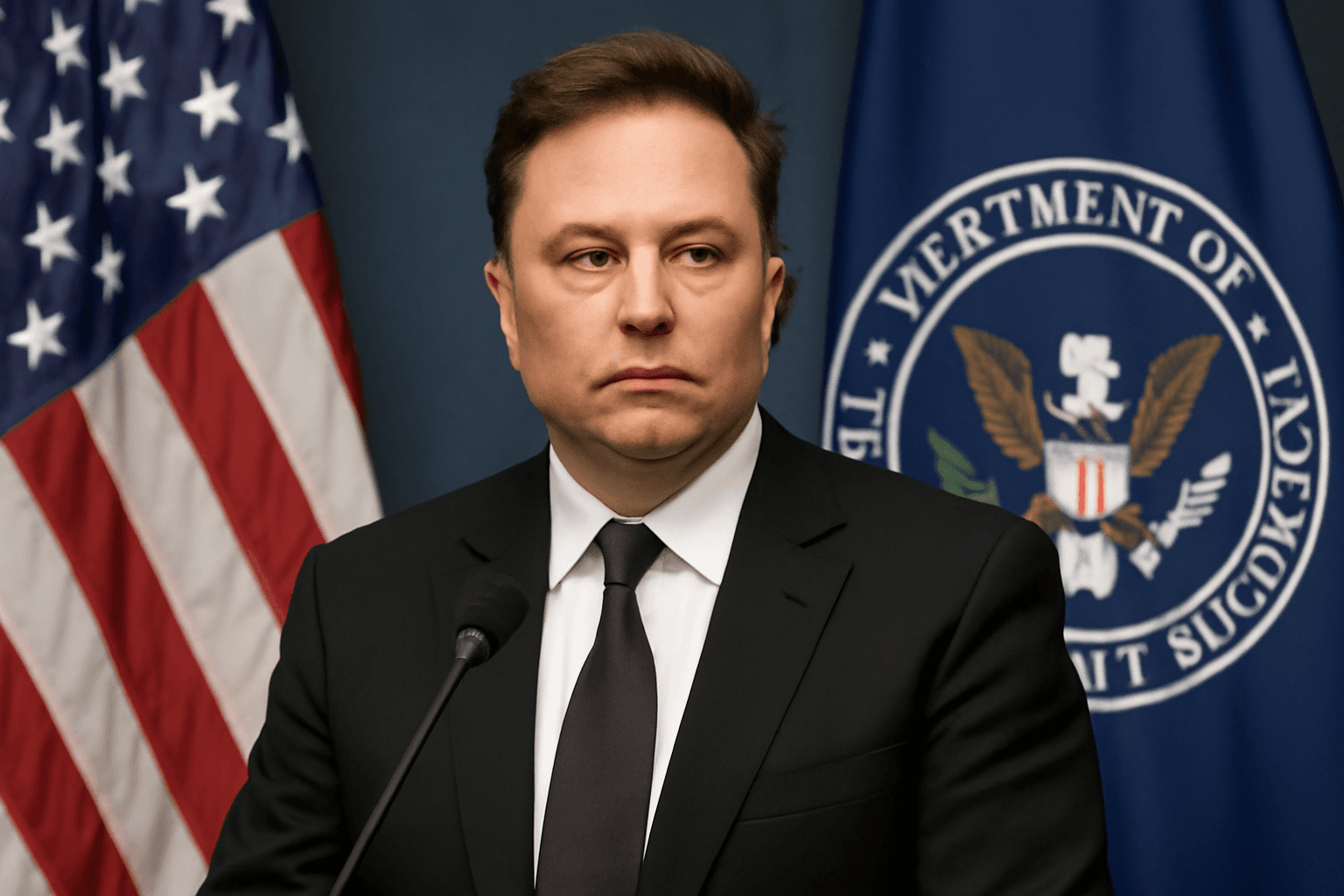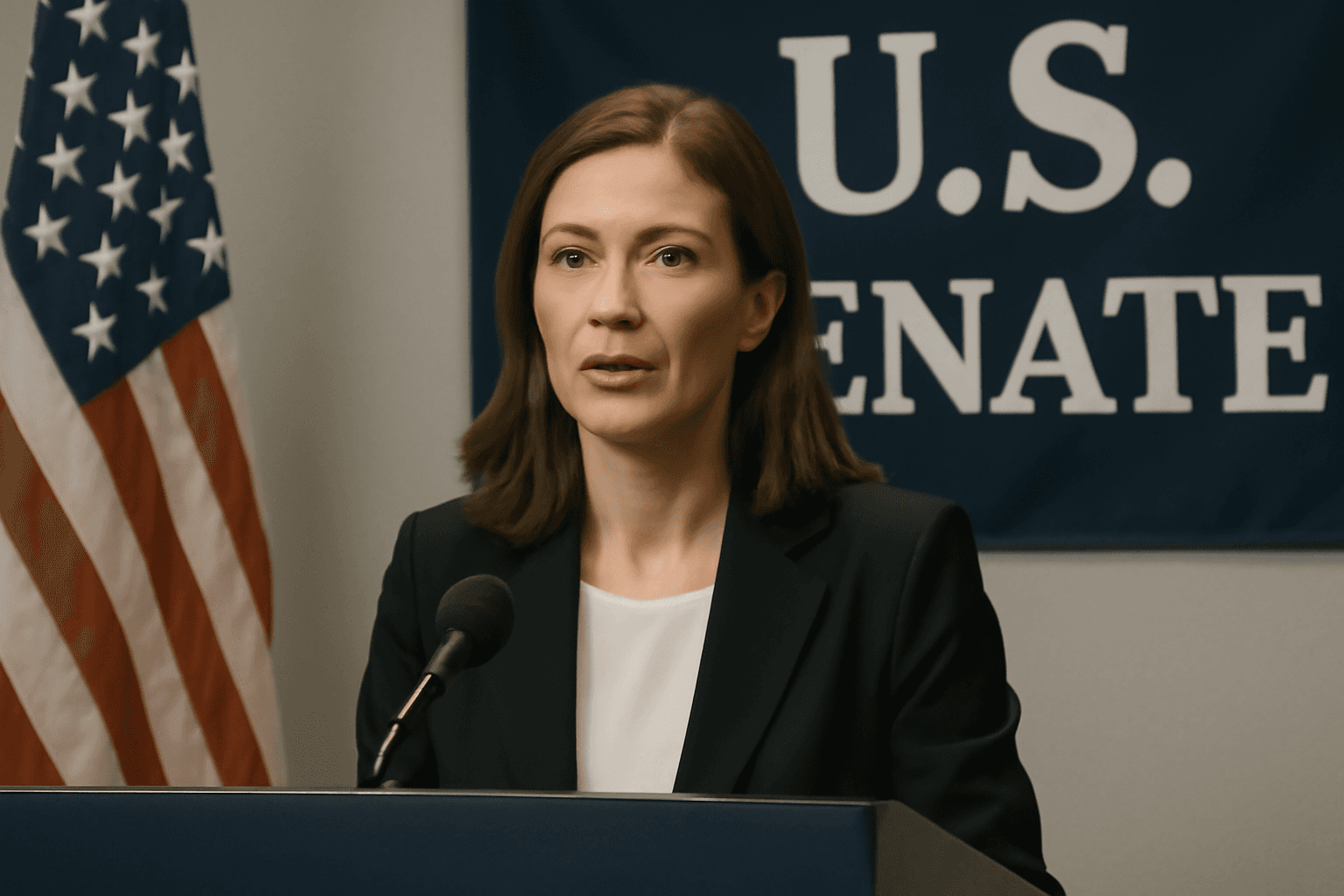Washington: Elon Musk, the billionaire entrepreneur, has recently announced his departure from his role in the U.S. government, where he served as a special government employee and senior advisor to President Donald Trump. Charged with efforts to reduce federal spending, Musk's tenure was marked by highly publicized and often controversial actions.
During his time as an advisor, Musk made headlines for a range of memorable moments. Early on, at a rally celebrating Trump's inauguration, Musk drew criticism for a gesture resembling a Nazi salute, which he dismissed as a baseless accusation on social media.
He further stirred controversy by virtually endorsing Germany's far-right Alternative for Germany (AfD) party at a January rally, praising them as "the best hope" for Germany and encouraging pride in German culture. This public endorsement provoked backlash from German mainstream parties and incidents such as the vandalism of Tesla vehicles in Berlin.
Musk often appeared informally at the White House, frequently accompanied by his young son, X. His presence extended beyond traditional advisory boundaries, overshadowing cabinet members while actively participating in political events despite having no formal cabinet status.
Notably, Musk adopted a dramatic approach to budget cuts, symbolized by his appearance with a chainsaw at a conservative gathering, emphasizing his commitment to slashing bureaucracy and federal spending. Despite this, he openly criticized President Trump's comprehensive tax and spending bill, expressing disappointment that it increased the deficit and undermined efforts to streamline government.
In the realm of politics, Musk invested heavily in judicial elections, notably contributing $25 million to support a pro-Trump conservative candidate in Wisconsin's Supreme Court race. Despite his financial backing, the liberal candidate won by a wide margin, highlighting the limitations of Musk's influence.
Trade policy was another area of divergence. Musk advocated for a free-trade zone between the U.S. and Europe and openly challenged Trump's tariff measures, engaging in public disputes with economic advisors over the origins of Tesla’s manufacturing.
Despite Tesla facing stock market challenges and vandalism, Musk and Trump showcased the automaker with a publicized test drive, attempting to buoy the company's reputation. However, Tesla's financial results remained weak with a significant drop in first-quarter profits.
Ultimately, Musk's break with Trump over fiscal policy and his outspoken critiques culminated in his decision to leave his government post. His tenure as a senior advisor left a significant imprint on American politics, marked by unconventional strategies and contentious public engagements.

